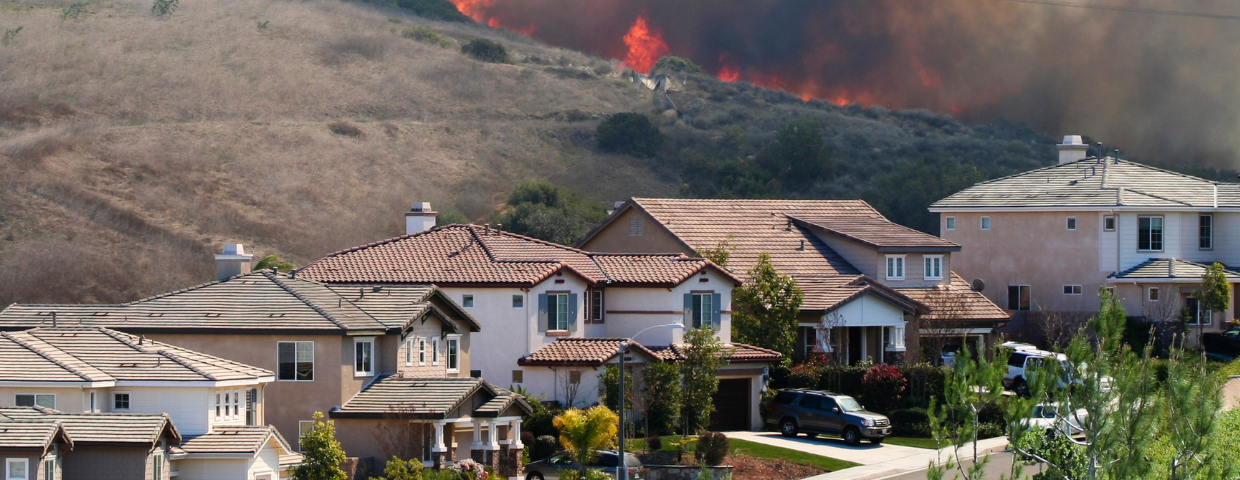It’s going to get hot! And smoky. Are you prepared? Thanks Sandy Dodge at Windermere for this helpful guide!
Summer is the season for spending long days in the yard, taking dips in the pool, and sitting in the shade to beat the heat. In the midst of these sun-filled adventures, though, lies the potential for heat waves, smoke, and wildfires. Every homeowner should be ready for these emergencies as well as the damaging effects they can have on their home. The following information will help you prepare your home for the hottest days of the year.
Preparing Your Home for Summer Heat
As temperatures soar, it’s important to make sure that your methods of cooling your home are as effective as possible. Adding insulation may not be the first thing that comes to mind when prepping your home for the summer heat, but it will help prevent cool air from leaking outside and hot air from entering. If your insulation is out of date, now is the time to make replacements as needed. Windows are another culprit for air leaks, which commonly form between the window frame and the frame of the house. Fill these cracks with caulking between the frame and the exterior siding. If your windows are exposed to prolonged periods of direct sunlight, consider placing an awning or screen shades above the exterior side to provide some relief from the radiating heat.
Air conditioning can be a lifesaver during summer. There are two main options when it comes to air conditioning: either a window unit or central cooling. Window units are the least expensive option and offer portability. It’s important to choose a unit that is the right size for your home or the room you’re trying to cool. One that’s too big will quickly cool your space and then shut off completely. This can increase your energy bills and put unnecessary wear on the unit. An undersized unit simply won’t cool your home and will constantly run to try to reach the target temperature. With central air conditioning, homeowners can expect much higher startup costs. But once installed, central AC provides short- and long-term comfort and adds to your home’s value.
Summer is a good time to check your HVAC unit’s air filters. Turn the unit off before performing any maintenance. If any devices that give off heat are close enough to the thermostat that regulates the AC, they could generate an incorrect reading, which could throw off your air conditioning efficiency. For maximum efficiency, place these devices away from the thermostat.
Preparing Your Home for Wildfires
The first step in preparing your home for wildfires is to have an emergency plan. Make sure everyone in your household is aware of what to do in the event of a wildfire. Pack an emergency kit to bring with you in the event of an evacuation. For homeowners who live outside a fire zone, consider buying an air purifier to protect yourself from smoke.
To give yourself the best chances of keeping wildfires from getting too close to your home, keep all flammable objects away from the house, preferably at least thirty feet. Clear your gutters of debris such as leaves, twigs, sticks, and the like. These materials are tinder for fire. Any flammable vegetation within five feet of the home should be cleared away, and any trees that overhang close to the home should be cut back to a distance of ten feet. Remove any dead plants or vegetation from your yard and keep your lawn short. Install mesh screens over exterior vents to prevent embers from entering your home.
This may seem like a daunting list, but these preparatory measures are worth it to protect your home and loved ones this wildfire season. Once you’ve taken these steps, you can enjoy your summer days at home knowing you’re prepared.
 Facebook
Facebook
 X
X
 Pinterest
Pinterest
 Copy Link
Copy Link
